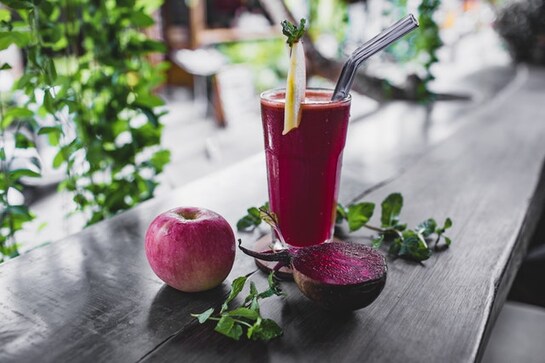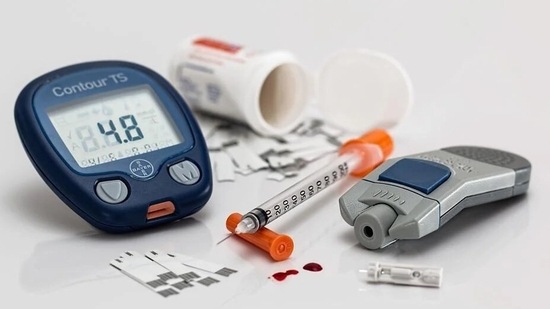From firstpost.com
In summer, when the days are long, high temperatures and humidity can cause an adverse effect on people's blood sugar levels

Diabetes is one such disease which has no cure. It is a chronic disease that takes place when the pancreas does not produce enough insulin for the body or when the body cannot use the insulin it produces. With time, uncontrolled diabetes can lead to serious damage especially to the nerves and blood vessels.
Those who suffer from diabetes are advised to be mindful about their eating habits. People are also advised to check their blood sugar levels at regular intervals. To prevent diabetes from rising above normal, people should involve themselves in a number of activities like walking and exercise along with medication.
In summer, when the days are long, high temperatures and humidity can cause an adverse effect on people's blood sugar levels. Hence, eating right also plays a vital role in balancing the level of glucose in the blood.
From keeping yourself hydrated, and eating fresh vegetables to snacking on fruits, below are some of the best picks for diabetic people this summer.
Best fruits in summer for diabetic patients:
Watermelon: This is one of the favourite summer fruits of almost everyone. The biggest plus point in watermelon is that there is a lot of iron content in it. With only 10 grams of sugar per cup, this fruit is hydrating in nature.
Blackberries: These fruits are very high in antioxidants and fibres and surprisingly, low in sugar. If eaten, then you don’t have to worry and it contains only 7 grams of sugar per cup.
Kiwis: Kiwis are rich in vitamin C and also have a very low amount of sugar in it. With just 6 grams of sugar per fruit, Kiwis can be added in any diabetic’s daily diet.
Some other fruits with low sugar-content include papaya, orange, cucumber, avocado and peach.
Best vegetables in summer for diabetic patients:
Bitter Gourd: This is one of the healthiest and antioxidant rich foods that every diabetic patient should have. Apart from using it in any dish, the juice of bitter gourd is said to be a great medicine for diabetics.
Spinach: This leafy vegetable is rich in nutrient and very low in calories. It is also rich in iron, that helps maintaining a healthy blood flow.
Cauliflower: This flower-like vegetable is loaded with protein, phosphorus, potassium and magnesium, which are best for diabetes. Due to its low glycemic index, cauliflower is safe for people with diabetes. Its high fibre content keeps blood sugar levels in check.
Other veggies that can be added to the list are asparagus, broccoli, spinach and french beans.
Best drinks in summer for diabetic patients:
Coconut water: Coconut water is perhaps the best drink during summers and even throughout the year. It is rich in several nutrients like essential minerals, amino acids, and vitamins. Due to the presence of nutrients like sodium and potassium, coconut water helps in keeping the blood sugar level under control.
Green Tea: Those who are tea lovers can always opt for green tea as it has zero carbs and calories. It is highly-recommended as one of the best drinks for diabetic patients. People can also opt for black or herbal tea as per their choice.
Sugar-free lemon water, fruit-infused water and cucumber juice can also be added to the list of drinks for people with diabetics this summer.




